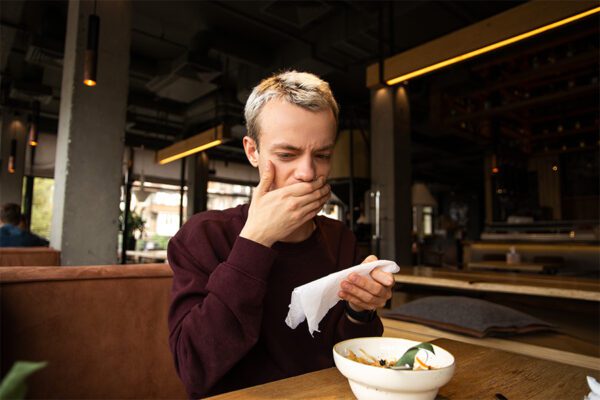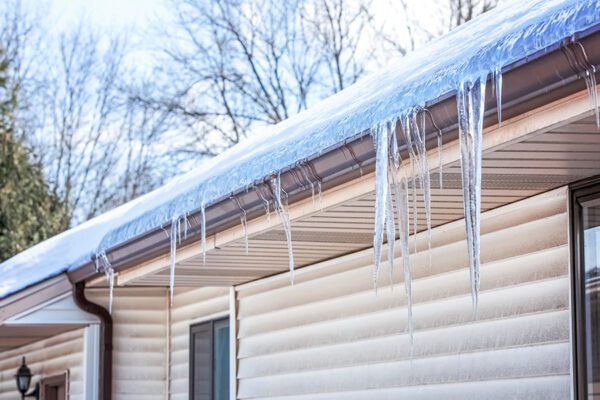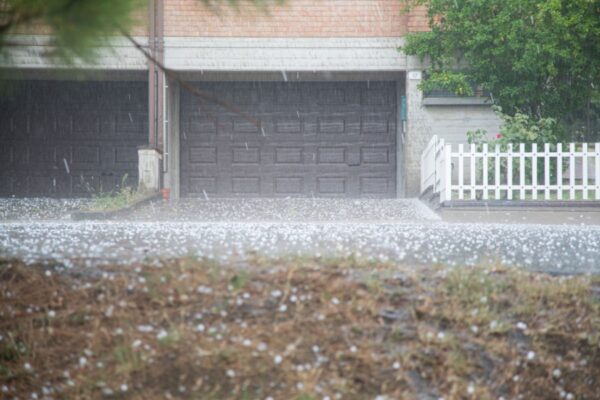Owning and running a food service business is unquestionably a fun way to make a living, regardless of whether you run a restaurant or food truck, a catering company, or sell homemade food at a farmer’s market. You have a passion for feeding people, and your entire company is based on making people happy.
What Is Food Liability Insurance?
Food liability insurance protects your company from potential risks and liabilities connected to your goods and services.
Food vendor insurance, also known as food liability insurance, is an area that some people neglect. Along with serving up a delectable meal in the ideal setting for your patrons, you also want to safeguard yourself from uncontrollable events.
What Are the Most Typical Food Allergens?
Milk, eggs, fish, crustacean shellfish, tree nuts, peanuts, wheat, and soybeans are the most typical allergens, according to the Food Allergen Labeling and Consumer Protection Act (FALCPA).
Allergen information must be included on food labels per US law. The substance must be disclosed in any quantity, including any proteins derived from the substance. Inaccurate or undisclosed information can lead to misinterpretations, confusion, and harm, which is why food allergy laws in restaurants are in place.
What Is Covered by Food Liability Insurance?
When unanticipated events occur in your restaurant, catering business, or food truck, food liability insurance collects different commercial insurance policies to help pay medical costs and legal fees. Depending on your industry, suggested policies include general liability, commercial property, workers’ compensation, liquor liability, food contamination, and more.
The following commonly happens which you need food liability insurance:
- A restaurant has many moving parts, making slips and falls by customers commonplace, which causes accidents or injuries.
- For property damage for caterers and owners of food trucks, liability insurance can help with out-of-pocket expenses if your food or property damages someone else’s property, such as their kitchen or lawn.
- Reputational damage after an incident, Food liability insurance can provide you with funding for crisis management, PR services, and even lost revenue.
- If a customer becomes ill after eating at your establishment, your liability insurance may assist in covering the costs of their medical care or legal fees.
- If a customer experiences an allergic reaction due to cross-contamination or unidentified allergens.
How are Restaurants Held Responsible for Food Allergies?
Food allergies are the restaurants’ responsibility. The restaurant owes customers a very high duty of care. They should be knowledgeable about typical food allergies and be able to explain the ingredients in their products to customers.
Customers are also subject to negligence. Customers at restaurants can also assist in avoiding known allergies. However, if a restaurant neglects its customers and an allergy results in injury, the establishment may be held accountable for the victim’s losses.
Why Is Food Liability Insurance Necessary?
Like all insurance, food liability insurance is about being ready for the unexpected. Although you take all necessary precautions as a business owner, mistakes can occasionally happen, and accidents can occur.
1. Customer Protection
Serious repercussions for your customers could result from food poisoning, severe allergic reactions, and other food-related incidents. They will see that you care about their well-being on multiple levels because you have liability insurance.
2. Managing Your Reputation
Your company’s reputation is one of its most crucial components, so any incident involving food there should not be taken lightly. If you’ve received the appropriate coverage, you’ll be ahead of the game when fending off negative press.
3. Legal Obligation
Many jurisdictions and regulatory bodies mandate that food businesses maintain liability insurance as part of their licensing and compliance requirements. As with all requirements, not having the required insurance can lead to sanctions, fees, and closure.
4. Peace of Mind
Any business is difficult to run, so knowing you’re protected in the event of an accident is well worth the money. You can focus more on serving delectable food and offering first-rate service because you have peace of mind thanks to food liability insurance.
Can I Sue a Restaurant for Food Allergies?
A restaurant can be sued if an allergic reaction causes harm. When it comes to these things, a restaurant may need to improve its responsibility to a customer in several ways.
The victim may be entitled to compensation if the restaurant could have avoided the harm by exercising greater caution. Of course, the injured party must demonstrate that allergies at the restaurant caused their injuries. In this circumstance, you’ll need the assistance of an experienced food allergy attorney.
What You Can Do in Your Restaurant to Protect Customers With Food Allergies?
The following are suggestions from the EHS-Net for restaurants:
- Teach staff about food allergies, including how to identify common food allergens, avoid cross-contamination, and what to do if a customer has an allergic reaction.
- Ensure there is always someone on call to respond to inquiries about food allergies.
- Maintain a customer-accessible list of the ingredients or recipes for the dishes on the menu.
- Prepare and cook food for customers with allergies in designated areas using special tools.
- Clean the kitchen and any prep areas before preparing meals for customers with food allergies if this isn’t possible.
Taking a few precautions can help ensure the safety of your clients and help reduce the likelihood of a lawsuit and the negative consequences that come with it.
How to Determine the Type of Coverage You Need
Consider the particular risks that your company faces when choosing food liability insurance, and find coverage that meets those needs.
An independent insurance agency can help with this because it is crucial to carefully review policy terms, coverage limits, and exclusions to ensure complete protection.
General liability insurance, product liability insurance, spoilage coverage, contamination coverage, and liquor liability insurance are typical forms of food liability insurance.
Call one of the restaurant insurance experts at Horton Group at (800) 383-8283 or chat with us directly on our website for assistance if you want to save even more money on your restaurant insurance.
Material posted on this website is for informational purposes only and does not constitute a legal opinion or medical advice. Contact your legal representative or medical professional for information specific to your legal or medical needs.



